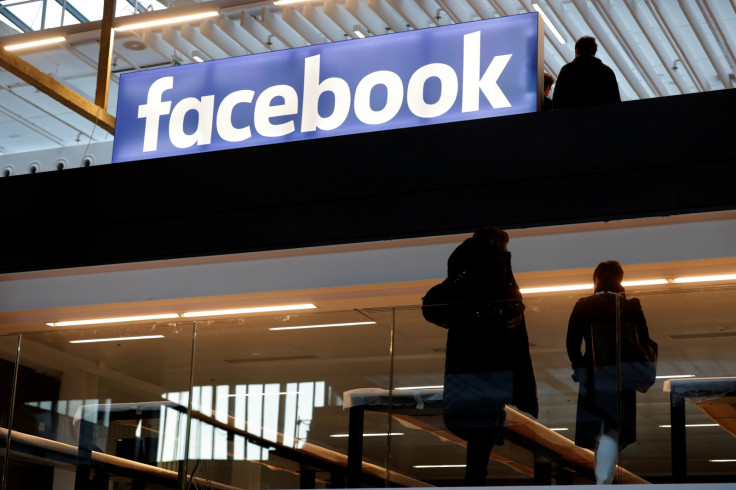Facebook says allegations of gender bias towards female engineers hurt its 'recruiting brand'
The company reportedly told employees internally that leaking information would damage its "recruiting brand".

Facebook is disputing a former engineer's claim alleging gender bias within the social media giant's engineering team. According to data collected by a longtime female software engineer in 2016, codes submitted by female engineers were rejected 35% more often than those submitted by male engineers, The Wall Street Journal reported on Tuesday (2 May).
The company reportedly told employees internally that leaking such information would damage its "recruiting brand" and hurt its ability to attract and hire more women.
The former engineer's analysis studied five years worth of information from Facebook's open repository of code-review data which contained specific details including an engineer's tenure, team, gender and city. According to her findings, women engineers waited 3.9% longer to have their code accepted and received 8.2% more comments and questions on their code.
When questioned about the engineer's report during a weekly town hall meeting, CEO Mark Zuckerberg reportedly responded that gender bias was "an issue".
The report prompted senior Facebook officials to conduct their own review of the engineer's findings. In October, Facebook's head of infrastructure Jay Parikh claimed any gap in rejection rates could be attributed to an engineer's rank, not gender.
The company also said its analysis was based on "confidential data" that the employee did not have access to such as an engineer's "level".
When an engineer's level was factored in, Parikh said the difference in rejection rates based on gender showed "no statistically significant difference".
A Facebook spokesperson told the Guardian that the initial analysis performed by the former engineer was "incomplete and inaccurate" and was based on an "incomplete data set".
"Any meaningful discrepancy based on the complete data is clearly attributable not to gender but to seniority of the employee," the spokesperson said. "In fact, the discrepancy simply reaffirms a challenge we have previously highlighted – the current representation of senior female engineers both at Facebook and across the industry is nowhere near where it needs to be."
In a confidential internal response to the WSJ report, Facebook's head of human resources Lori Goler wrote that it was "disappointed by many things related to this story, but mostly that there might be anyone who is not having the experience we would want everyone at Facebook to have".
She added that the leaked internal conversations would also harm Facebook's attempts to boost diversity.
According to Facebook's latest diversity report, women account for 17% of technical roles at the company. Like Facebook, many companies across Silicon Valley have long been pressured to improve their gender and racial diversity.
"A key factor in our ability to recruit more women in engineering is our recruiting brand," Goler wrote. "Unfortunately, a story based on factually incorrect data that paints us in a negative light will almost certainly hurt our ability to attract more women, and it isn't great for those of us working here, either. In other words, this moves us in the exact wrong direction."
© Copyright IBTimes 2025. All rights reserved.





















